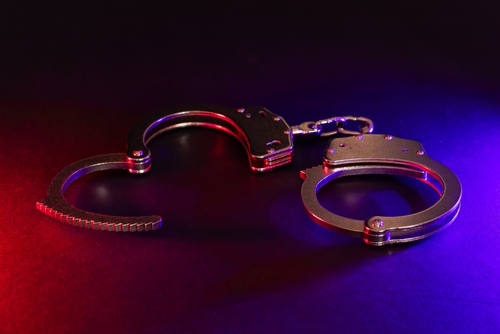The Department of Justice has officially asked the Supreme Court to slam the door on Ghislaine Maxwell’s latest attempt to overturn her sex trafficking conviction—a move that could finally bring long-overdue closure for Epstein’s victims, but leaves the public wondering just how deep the rot of elite privilege goes.
At a Glance
- The DOJ urges the Supreme Court to reject Ghislaine Maxwell’s appeal, defending the integrity of her conviction.
- Maxwell remains incarcerated, serving a 20-year federal sentence for sex trafficking of minors.
- The case exposes the persistent influence and protection enjoyed by powerful elites in American society.
- Victims and the public await a Supreme Court decision, questioning whether true accountability will ever reach all those complicit.
DOJ Moves to Shut Down Maxwell’s Supreme Court Gamble
In July 2025, the Department of Justice formally asked the U.S. Supreme Court to reject Ghislaine Maxwell’s appeal, arguing that her conviction for sex trafficking minors was legally airtight and that her claims of unfair trial procedures are baseless. This latest chapter comes after years of legal theatrics, in which Maxwell has played the victim card in the hopes of escaping accountability for her role as Epstein’s chief enabler. The government’s brief emphasized the overwhelming evidence presented at trial and the fairness of the proceedings—facts that, for once, seem to have triumphed over wealth, privilege, and the endless parade of high-powered lawyers.
Maxwell’s conviction in 2021 and subsequent 20-year sentence in 2022 marked a historic moment in the battle against elite-fueled sexual exploitation. Yet, despite the mountain of evidence and the testimony of courageous survivors, Maxwell has refused to accept responsibility, launching appeals that have dragged out the legal process and delayed closure for victims. The DOJ’s hardline stance signals that, at least for now, the days of slap-on-the-wrist justice for the well-connected may be waning.
The Elite Shield: How Power and Connections Obstruct Accountability
Ghislaine Maxwell’s rise from British socialite to Epstein’s right hand is a case study in how money and connections can insulate predators from consequences. For years, Maxwell and Epstein operated their trafficking ring while hobnobbing with presidents, royalty, and titans of industry. The 2008 plea deal handed to Epstein—a mere 13 months for soliciting a minor—fueled public outrage and exposed the two-tiered justice system protecting the privileged. Only after Epstein’s suspicious death in 2019 and a renewed wave of public anger did prosecutors finally move decisively against Maxwell.
Maxwell’s legal team has argued all along that she is a scapegoat, a sacrificial offering to appease a public hungry for accountability. But the evidence says otherwise: survivors testified to her active role in recruiting and grooming victims, and the jury found her guilty on five counts, including sex trafficking of a minor. The DOJ’s Supreme Court brief insists these facts are not up for debate. Still, as the world waits for the Supreme Court to weigh in, many Americans remain frustrated by the sense that only a select few ever face the music—while countless others in the elite’s orbit walk free.
Lasting Impact: Will Justice Reach the Full Epstein Network?
The Maxwell case has become a symbol of both progress and unfinished business in the fight against sexual exploitation by the rich and powerful. Survivors have seen some measure of justice, but for many, the story feels incomplete. The true breadth of Epstein and Maxwell’s network remains shrouded in secrecy, protected by legal maneuvering and the inertia of institutions too afraid—or too compromised—to dig deeper. Skeptics argue that until every enabler and participant faces the same scrutiny and consequences, the system remains rigged for the powerful.
Beyond the courtroom, the case has reverberated across American society. Nonprofits linked to Maxwell shuttered in disgrace, while political and social circles once eager to embrace her now scramble to distance themselves. Legal experts point to the case as a turning point—a precedent for holding not just perpetrators, but enablers, to account. Yet public trust remains fragile. Many Americans, especially those who watched years of government incompetence and elite impunity under prior administrations, are demanding more: real transparency, real reform, and real justice for all, no matter their wealth or connections.
Sources:
U.S. Department of Justice official press release

